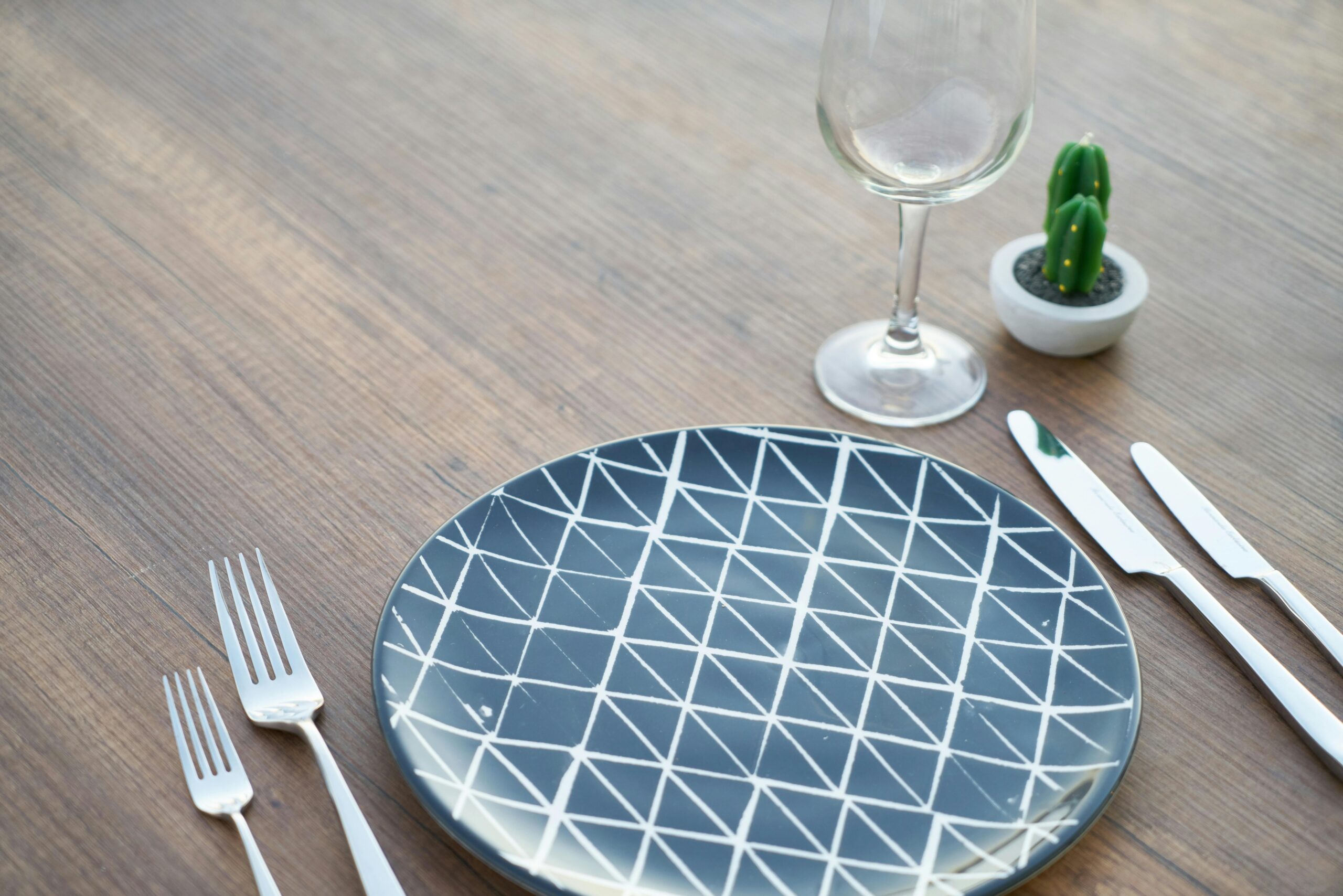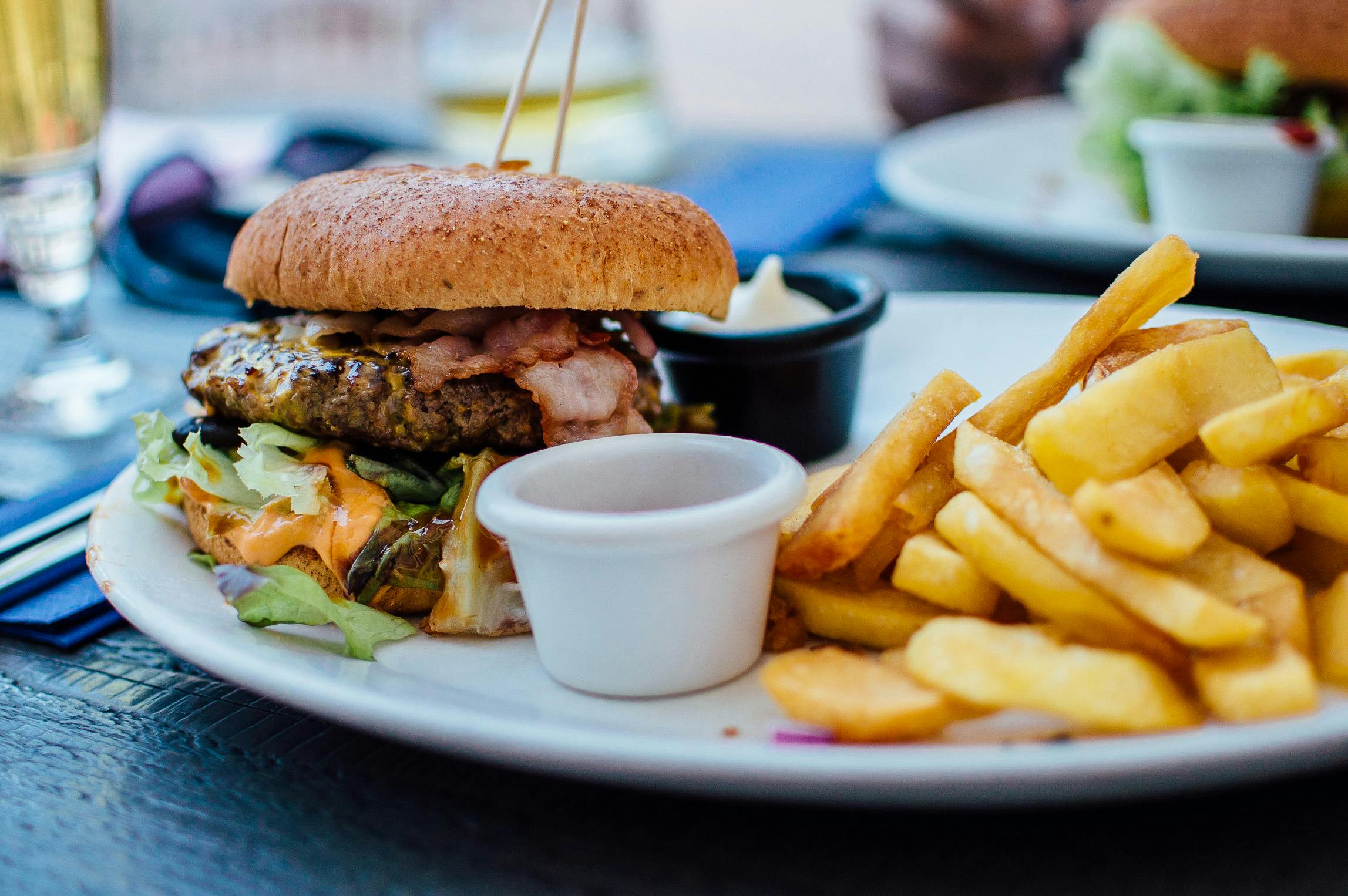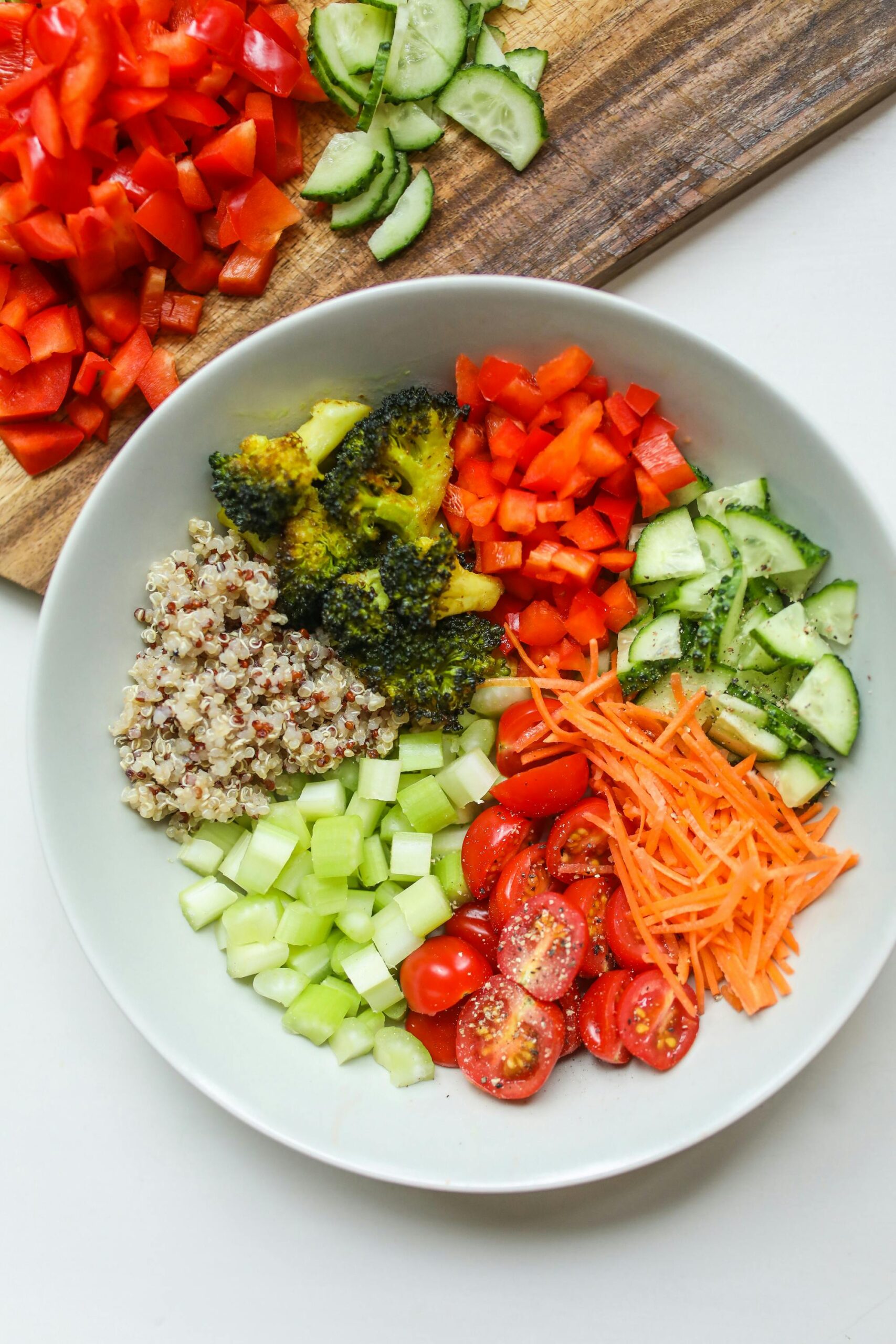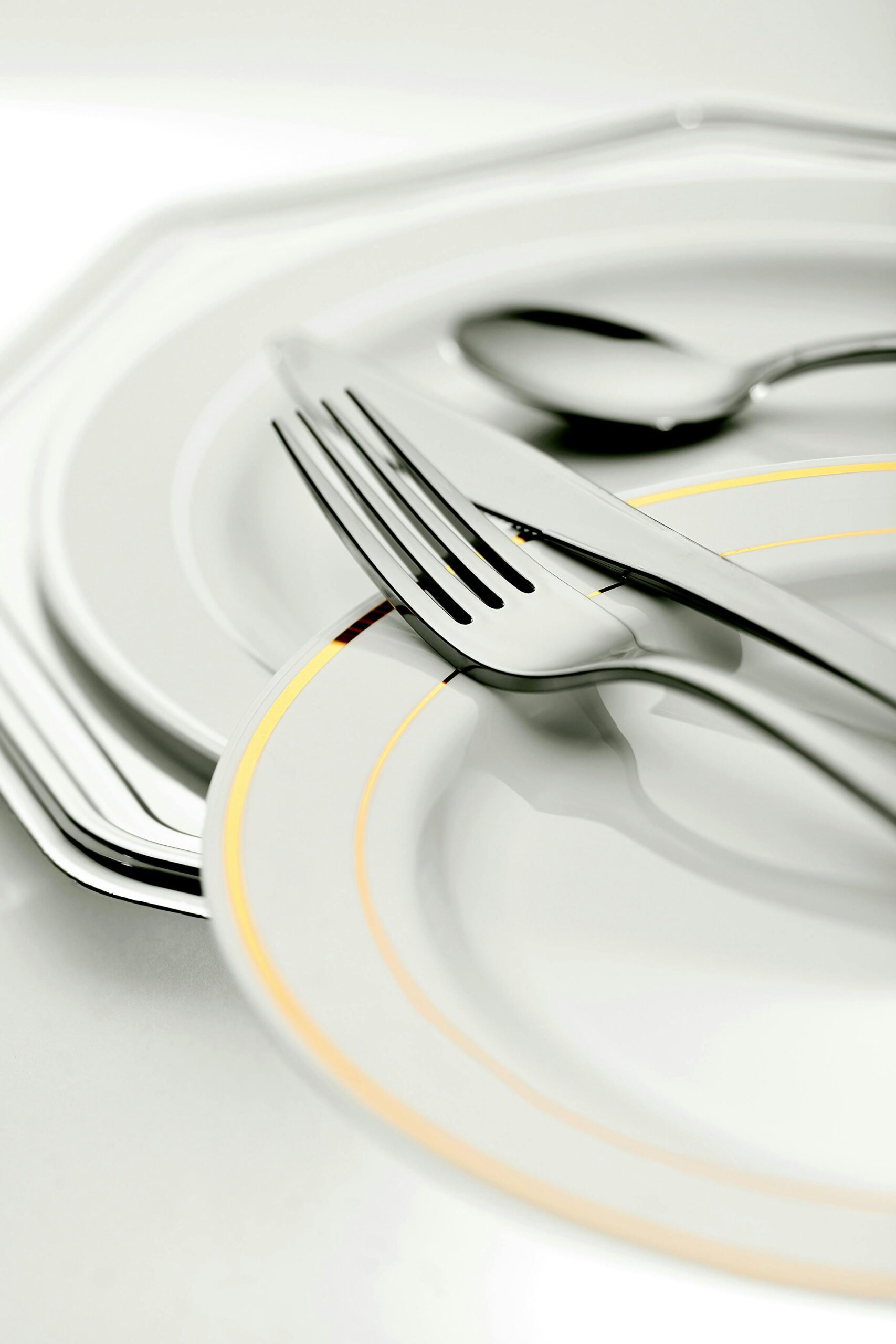Let me start by saying this: fasting is no joke. It’s not just about skipping meals and calling it a day. When I first decided to try intermittent fasting, I thought, “How hard can it be? Just don’t eat for a few hours, right?” Oh, how wrong I was. I made so many mistakes that first month, I’m surprised I didn’t give up altogether. But hey, I learned a ton—and now I’m here to save you from the same pitfalls.
One of my biggest blunders was not drinking enough water. I mean, I knew hydration was important, but I didn’t realize how crucial it was during fasting. There were days I’d feel dizzy, cranky, and just plain awful, and I couldn’t figure out why. Turns out, I was dehydrated. Now, I always keep a big water bottle with me and aim for at least 2 liters a day. Pro tip: add a pinch of salt or a squeeze of lemon to your water to help with electrolytes. It’s an absolute game-changer.
Another mistake? Going too hard, too fast. I jumped into a 16:8 fasting schedule (that’s 16 hours of fasting, 8 hours of eating) without easing into it. Big mistake. By hour 14, I was hungry, shaky, and ready to eat everything in sight. What I’ve learned since then is to start slow. Maybe try a 12:12 schedule first, then gradually increase your fasting window. Your body needs time to adjust, and that’s okay. Take as much time as you need and slowly ease into it.
Oh, and let’s talk about breaking your fast. I used to think, “I’ve been fasting for hours—I deserve a feast!” So I’d load up on carbs, sugar, and basically anything I could get my hands on. Bad idea. Not only did it make me feel sluggish, but it also messed with my blood sugar levels. Now, I break my fast with something light and protein-rich, like a boiled egg or a handful of nuts. It’s gentler on your system and keeps you from crashing later.
One thing I still struggle with is overeating during my eating window. It’s like my brain goes into survival mode and tells me to eat ALL THE THINGS. But I’ve found that planning my meals ahead of time helps. I’ll prep a balanced plate with protein, healthy fats, and veggies, so I’m not just grabbing whatever’s convenient. And hey, it’s okay to indulge once in a while—just don’t make it a habit. Remember that fasting is just a simple way of ensuring you are eating in a caloric deficit but overeating during your eating window simply beats the purpose of you having fasted in the first place.
Lastly, I used to think fasting meant I could skip exercise. Wrong again. Light exercise, like walking or yoga, can actually help curb hunger and boost your energy levels. It keeps you preoccupied in the meantime ensuring you are not thinking of food through out. Just don’t go overboard—save the intense workouts for your eating window.
Fasting can be tough, especially when you’re just starting out. But trust me, it gets easier. And if you can avoid these common mistakes, you’ll be well on your way to reaping the benefits. Just remember: listen to your body, stay hydrated, and don’t be too hard on yourself. You’ve got this.







